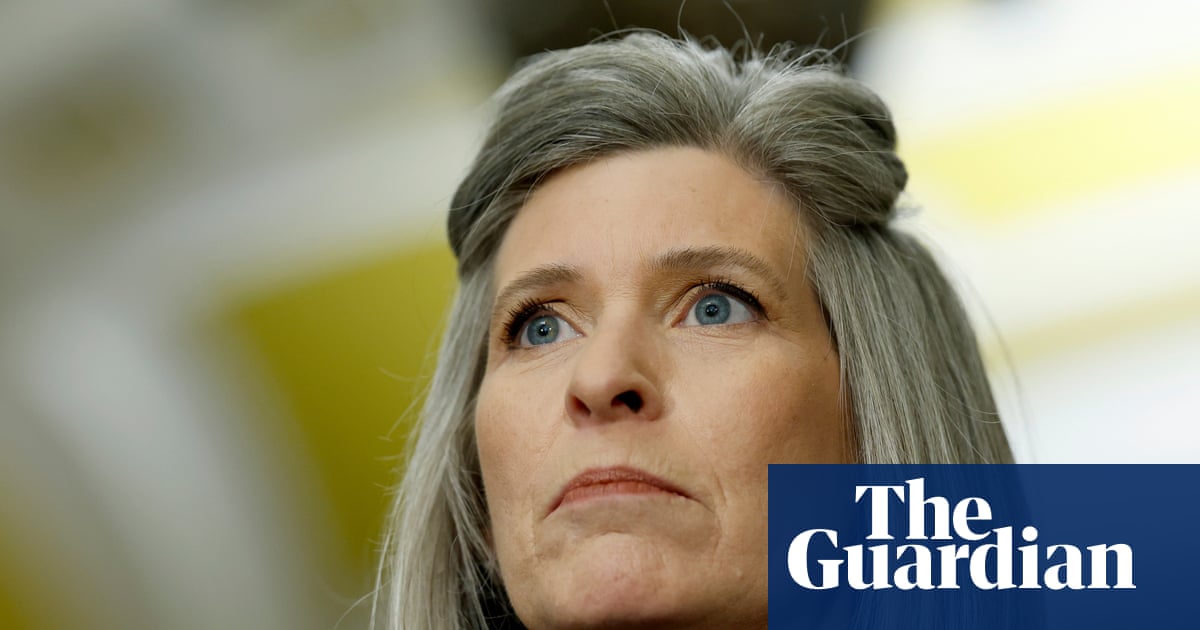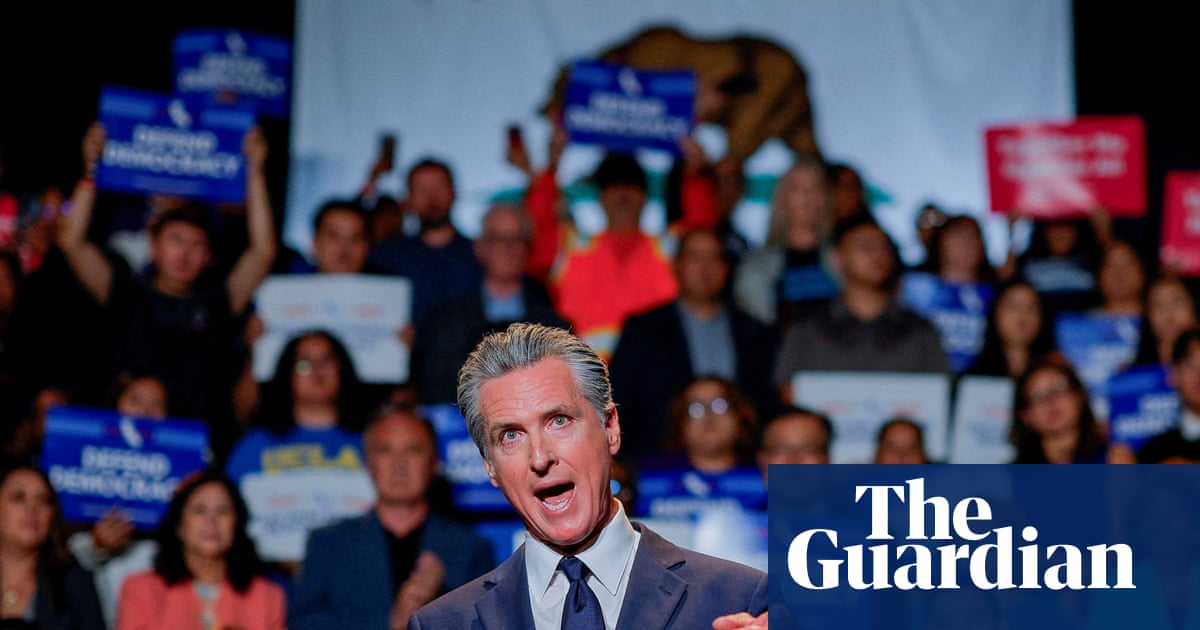Donald Trump’s attempt to sack the Federal Reserve governor, Lisa Cook, is the familiar authoritarian trick of bending institutions to serve the leader’s immediate ends. The widespread condemnation is deserved. This is not some daring experiment in popular control of monetary policy. Yet what should follow censure is reflection. For the furore over Ms Cook has revealed a peculiar reflex: to defend the Fed’s independence as though it were synonymous with democracy itself.
But is independence of the Fed, or central banks generally, really that? Eric Levitz at Vox thinks so, or at least that it is close enough. He argues that Congress sets the Fed’s objectives; independence applies only to the means. Without independence, politicians would be free to game rates for votes – as Richard Nixon did in 1972, leaning on the Fed to juice growth before the election. On this view, independence is not anti-democratic but prudent delegation.
The historian Adam Tooze says that argument misses the point. The Fed, he says, is not a neutral technocracy: its regional boards give business elites formal seats at the table, while labour and consumers are marginal or absent. Independence is not independence from politics; it is independence from electoral accountability. To defend this arrangement as democracy’s bulwark, Prof Tooze maintains, is to confuse professional consensus with popular legitimacy.
The leftwing economist Michael Roberts goes further. In his blog this week he argues that central bank independence was never really about technocratic efficiency at all. It blossomed in the neoliberal era because it suited finance. He notes that the 1980s and 90s saw a sharp rise in central bank independence while inflation fell. The correlation has been taken as proof of causation. Yet Mr Roberts argues that the decline in prices owed more to slowing global growth and the end of one-off supply shocks.
Central banks proved no better than anyone else at forecasting crises: the former Fed chair Alan Greenspan admitted the 2008 crash left him in “a state of shocked disbelief”. Turkey’s recent bout of hyperinflation was blamed on presidential meddling – but Mr Roberts suggests the real culprits were trade deficits, political instability and a collapsing lira. Monetary policy is too blunt an instrument, as many commentators concede, to deal with today’s volatile world. So where does this leave informed opinion? Certainly not with Mr Trump. To replace one form of unaccountability with a demagogic strongman is no gain. The real task is to ask what a democratic politics of central banking would look like.
The academic Saule Omarova’s People’s Ledger is one radical answer: treat the Fed as a public utility, offering universal bank accounts and explicitly aligning its balance sheet with public priorities. A National Investment Authority could channel long-term finance towards infrastructure and decarbonisation, rather than leaving investment decisions to Wall Street. Efforts could be made to broaden board representation beyond business, require distributional impact assessments and tighten “for cause” clauses so that presidents cannot hound governors from office on flimsy pretexts.
Mr Trump’s assault must be denounced – and Ms Cook defended. But if voters stop there, a deeper lesson will be missed. Central bank independence was never democracy incarnate. At best it was a compromise suited to an earlier era. Today’s challenge is to rebuild monetary authority on firmer, more democratic ground.

 German (DE)
German (DE)  English (US)
English (US)  Spanish (ES)
Spanish (ES)  French (FR)
French (FR)  Hindi (IN)
Hindi (IN)  Italian (IT)
Italian (IT)  Russian (RU)
Russian (RU)  4 hours ago
4 hours ago
























Comments